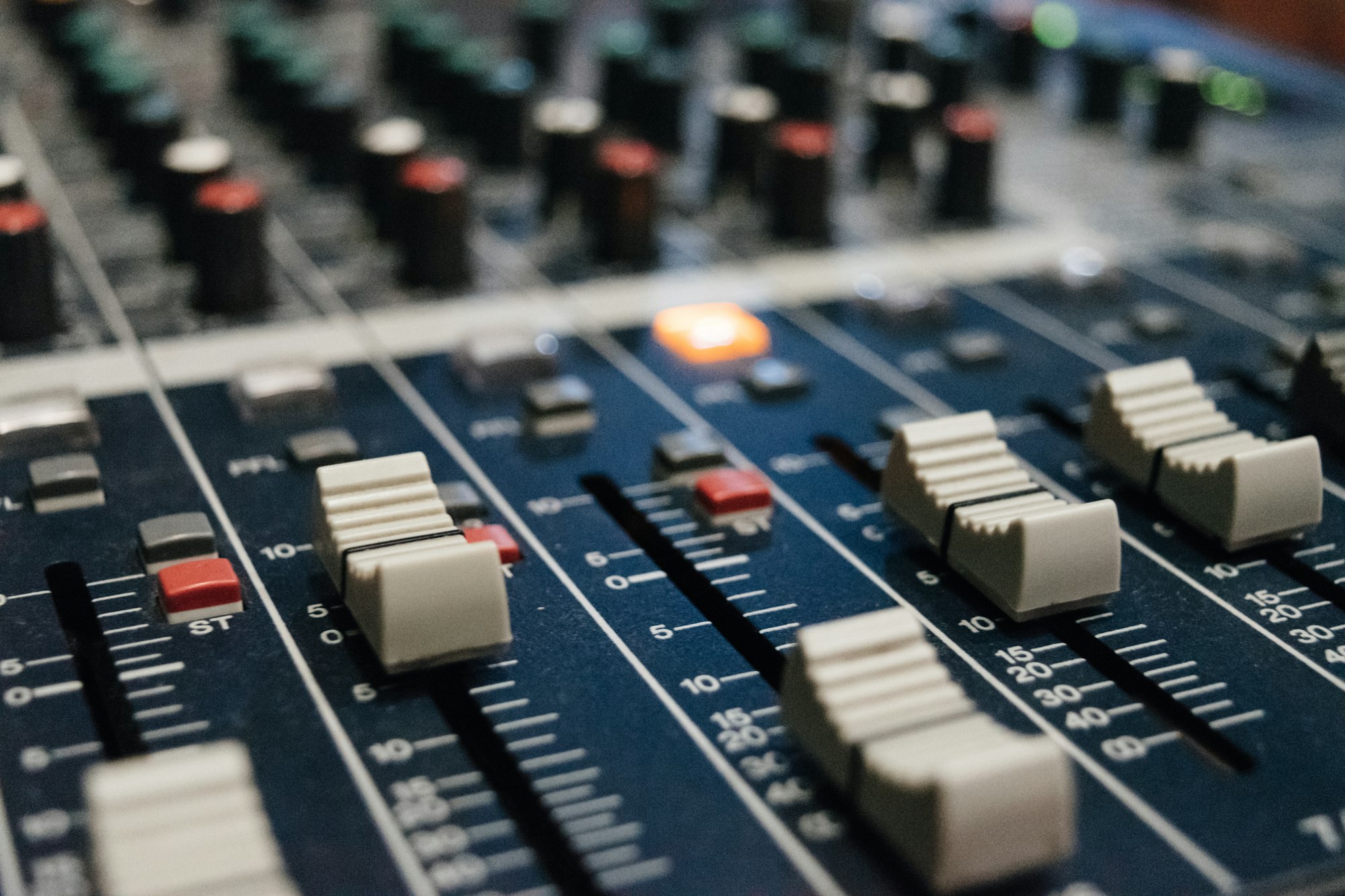Music is a universal language that is capable of awakening unique feelings and sensations in people. In many cases when we hear someone sing, we can feel what they want to convey, specifically what their lyrics are about, but we know that this music is generating a dramatic, sad, happy, angry, or surprising sensation.
The musical notes have the ability to relax the human brain and body, starting with soft genres of music that contribute the peace of mind and inner tranquility in our bodies. In fact, science has been able to affirm that, many of the musical rhythms that are listened daily, stimulate different areas of the brain, and for this reason a research of the University of Florida, it was known that the different musical rhythms that we all listen, offer and provide a cerebral activation from a better approach. Within the main effects and benefits that the music can contribute to our bodies, we have:

- strengthening memory and self-learning in different ways, including foreign languages
- regulation of hormones related to stress and mood times
- forgetting bad experiences and memories
- relationship to the human heartbeats, pulse and blood pressure
- modulation of the speed of internal brain waves
- changes in mood related to the type of listened music
- experiencing new unexplored feelings
It has been known for a long time that cows give more milk when they are put on musical rhythms or exposed to some background songs, and in the same way, plants bloom in a better way when there is a type of background music. It is known, that the key is to find the rhythm depending on each context that can favor a specific personal and interpersonal situation.
There is nothing in comparison with music and the feelings it produces in people and living beings. Throughout the history and time of humanity, there have been indications that for a long time, in early stages, music was made related to each context, to the social effects and the accompaniment in dances, parties, rites or celebrations. In different times where music was considered a wonderful rhythm for each living being, music had always been something that has been present in the development of the history of humans.
Music activates more parts of the brain than any other human stimulus, otherwise, the very evolution of music, its use and its characteristic stages as distinctive and cultural features makes it seem infinitely and so different in each era, culture areas, regions, subcultures, groups, bands, tribes or social relations. Even so, it is known that music has powerful effects on the human body in relation to human development.

Different studies have been made over time and they have found that music in relation to their example affects the brain chemistry, music that is pleasant causes the release of the dopamine which is a neurohormone that is released by hypothalamus and that is related to pleasure; however, it also has other beneficial functions such as a better angle on various learning processes, motor activities and behaviors related to sleep, mood or attention.
Also other studies have found in music the relation in the improvement of the motor activity in the treatment of patients with parkinson or to the increase of the spatial reasoning in patients with autism and on the support in therapy of patients who suffer from convulsions.
(Source: https://hipertextual.com/2015/04/musica-y-cuerpo-humano)
When listening to music the brain feels different sensations related to a song's lyrics and its rhythm. Music is also known to help in some neurological disorders such as:
- Alzheimer's
- Parkinson's disease
- Tourette's Syndrome
- Autism
Over time, listening to music can have different benefits and can enhance language learning processes for linguists and new foreign language learners as well as increase personal and interpersonal creativity and help increase happiness; it also has healing and beneficial effects such as: - How to calm anxiety
- Increase optimism
- Calm pain
- Speed healing.

Music and its rhythms, can come to regulate the level of happiness in a person, as well as strengthen the memory of each human being a huge help learning different foreign languages. The music can help to get back memories and affects the speed of brain waves on each personal level; the brain enters into processes that at first glance do not seem so powerful but they truly are.
The music can change the speed of the brain waves related to music with at least a pulse of 160 Beats/Per/Minute, changing the Beta consciousnes, improving the state of alertness and general well-being in each person, similar to the behavior that happens with the meditation and yoga, also listening to music for only 15 minutes can increase the levels of a family of proteins associated with blood platelet production, lymphocyte stimulation, cell protection, cancer and other diseases.
When we listen to music and exercise in company, the brain "confuses" the fatigue and cancels out all the feelings and signals towards fatigue, which would lead each person to stop any workout activity without music, so, it is always recommended to use a suitable route for each time that we exercise.

In conclusion, we know that, music is related to the personal experiences of each person, the music turns out to be a great influence for each person in relation to the mind, emotions and spirit, reaching the body and completing an adequate level of personal welfare. Reaching every different person, music transmits different moods, as well as emotions that release emotional and affective feelings. The music is constituted like a form to feel and to exist, and this means means that music lends positive emotions to people, joy and happiness well-being; also the development of the sensitivity to the communication with the other people or with another context.


